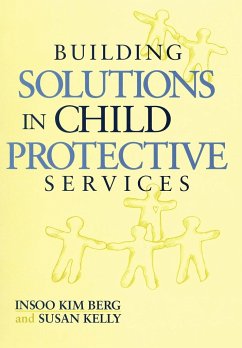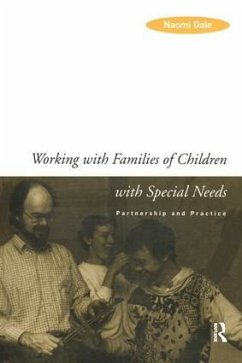
The Criminalization of Violence Against Women
Comparative Perspectives
Herausgeber: Douglas, Heather; Walklate, Sandra; Goodmark, Leigh; Fitz-Gibbon, Kate
Versandkostenfrei!
Versandfertig in über 4 Wochen
93,99 €
inkl. MwSt.
Weitere Ausgaben:

PAYBACK Punkte
47 °P sammeln!
Criminalization as a strategy to respond to violence against women is currently being debated across the globe. In North and South America, the United Kingdom, and in Australia the criminalization of coercive control and other types of non-physical forms of abuse are high on national agendas. However, the criminalization path has been unfolding in different ways with many questioning the effectiveness of criminal laws and their impact on victim-survivors. Authors in this collection assess the scope, impact and alternatives to criminalization in the response to violence against women worldwide.













